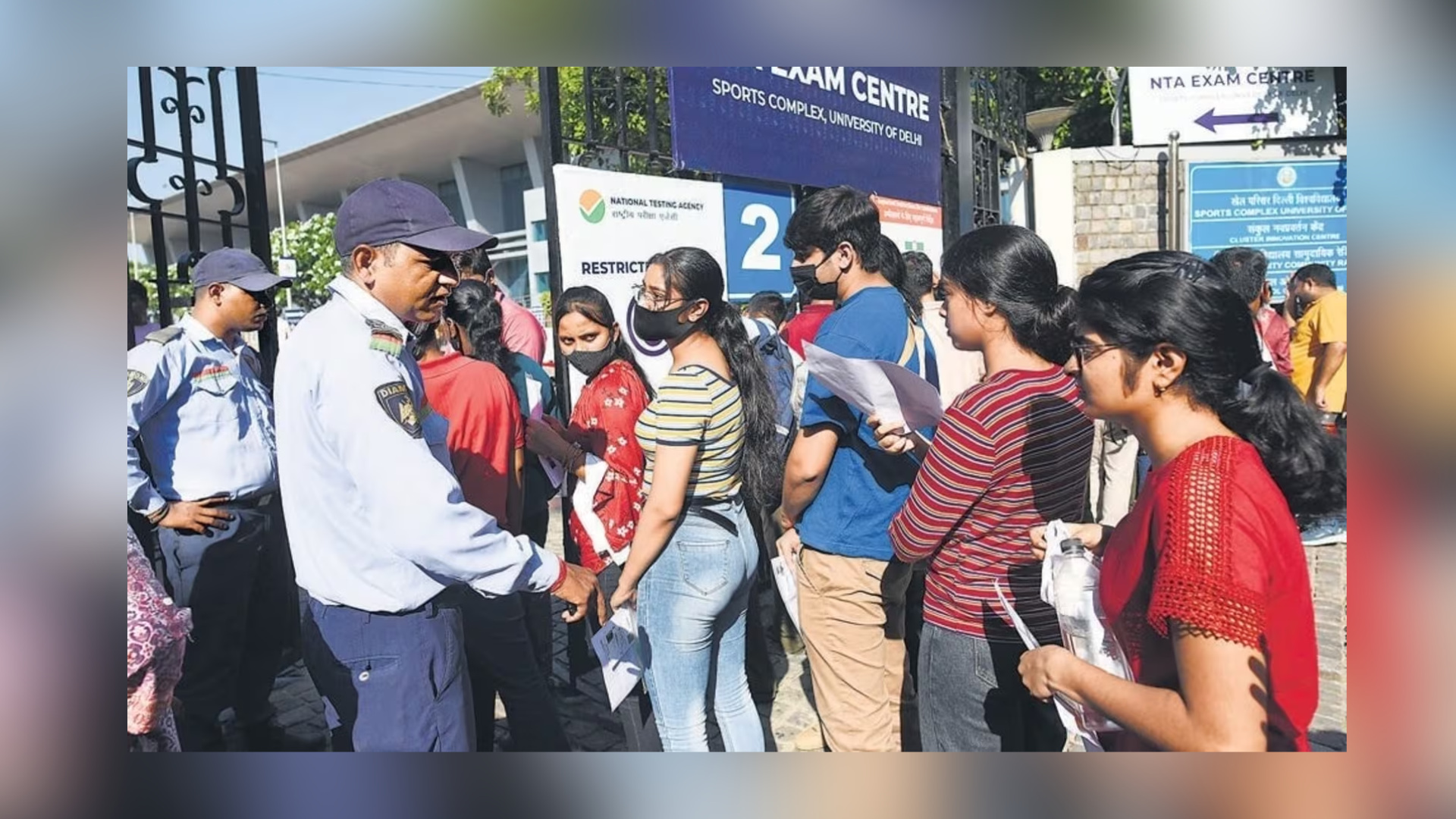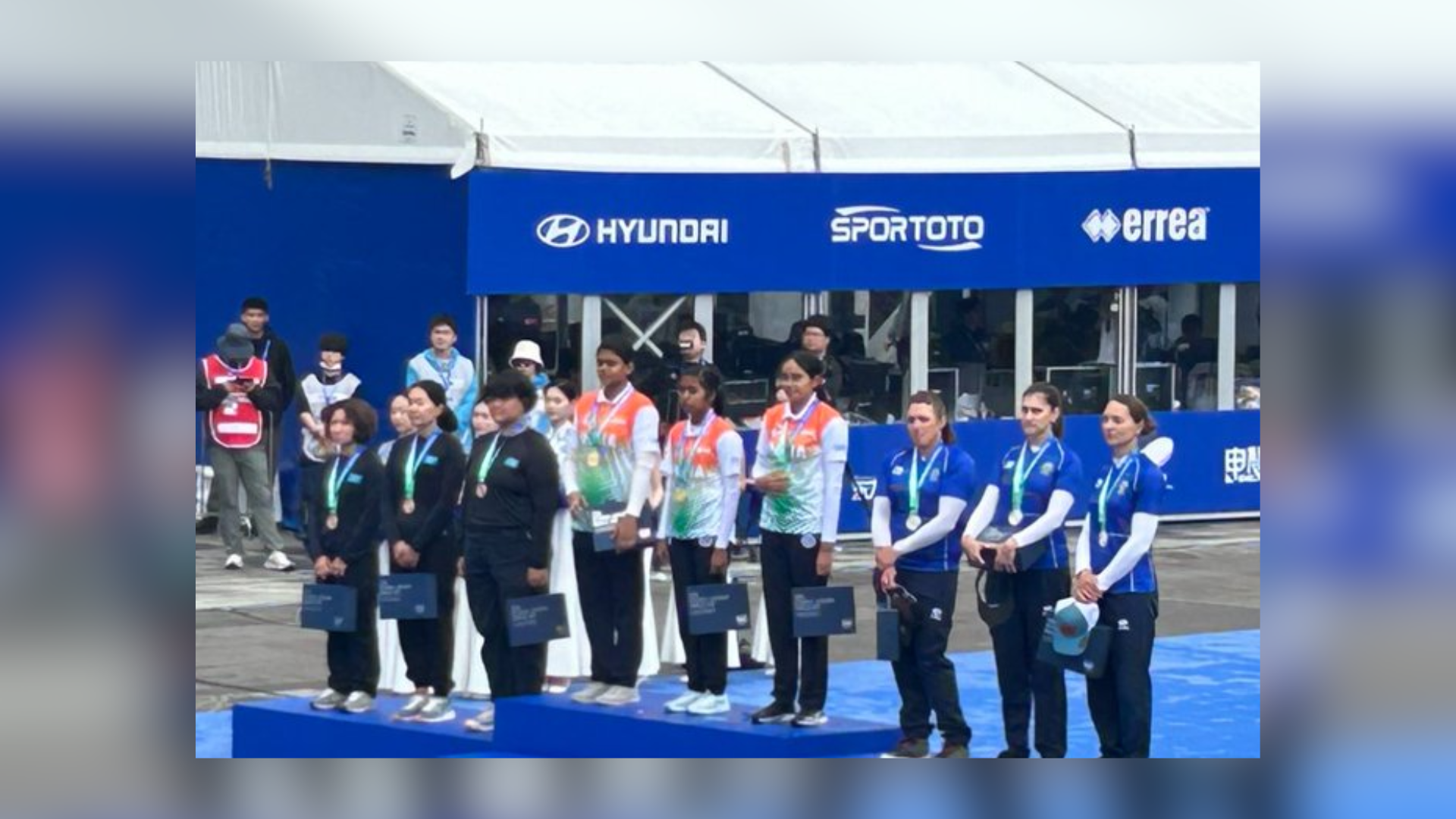



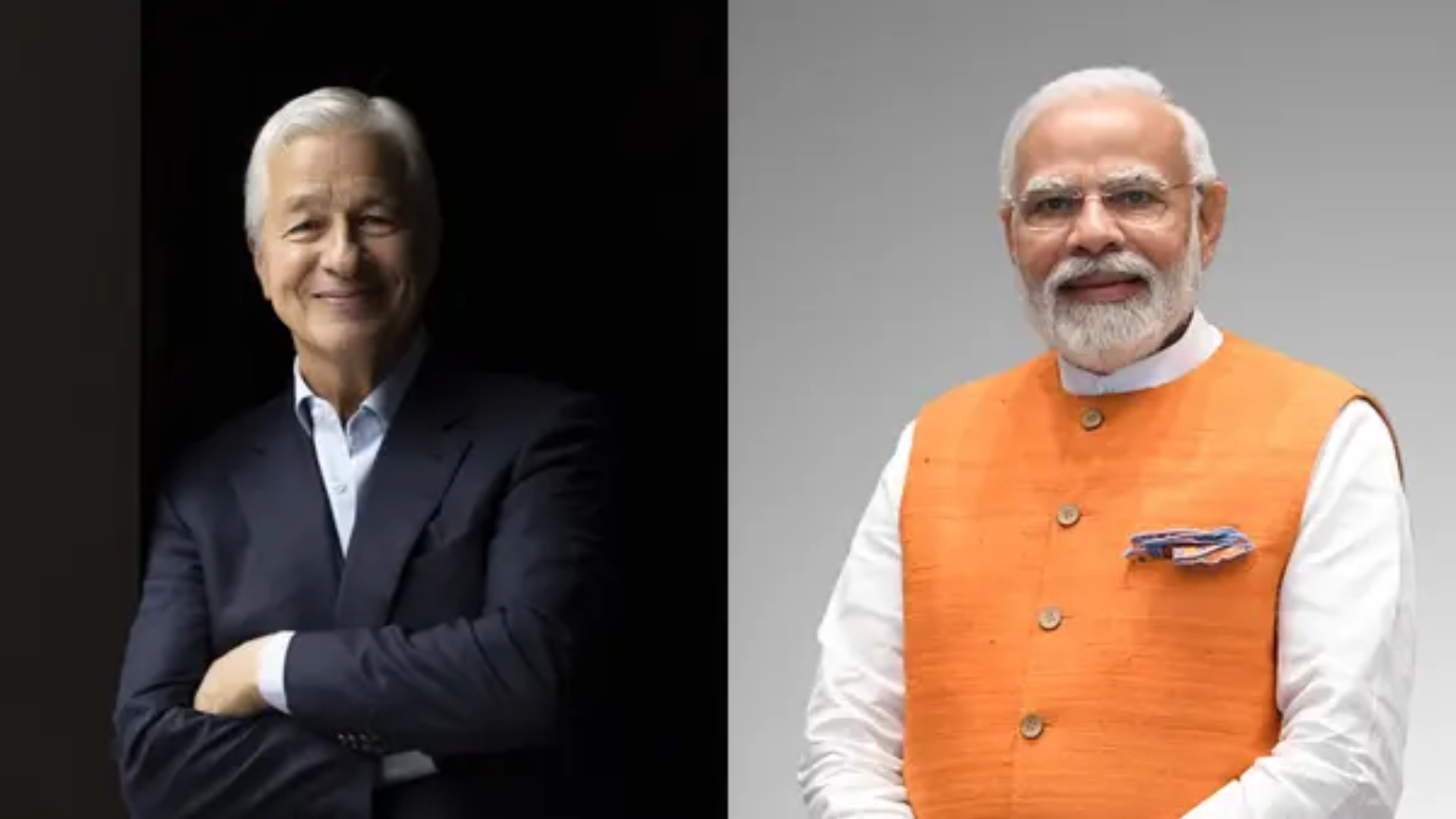

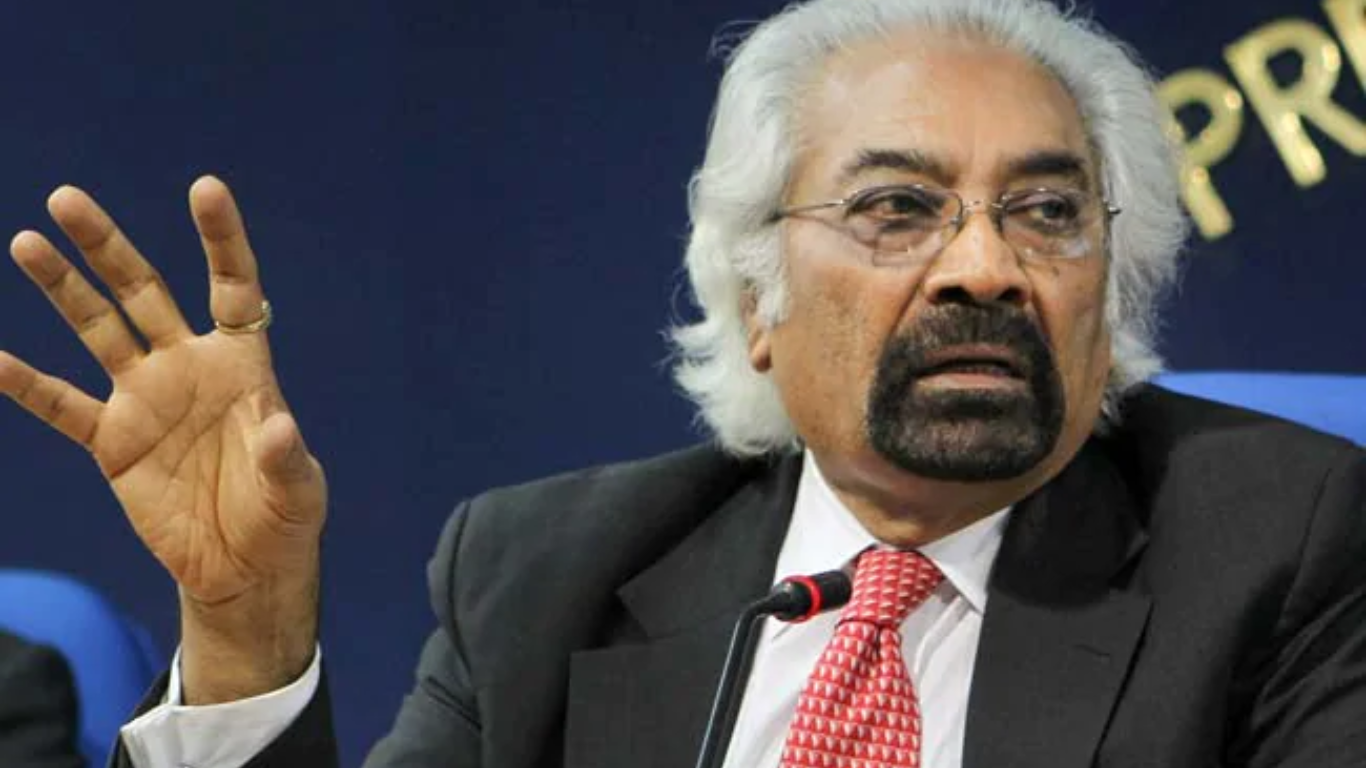

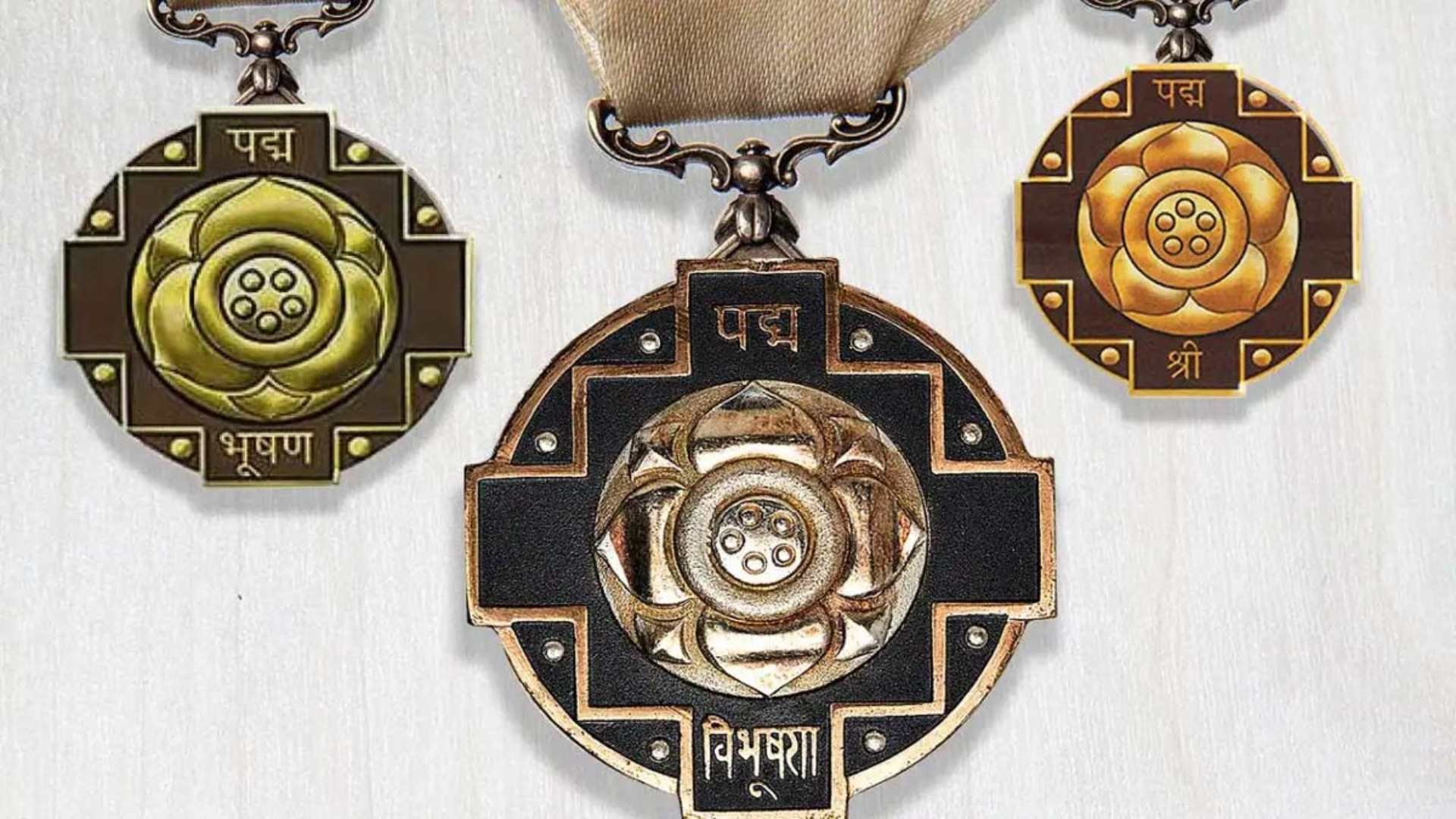

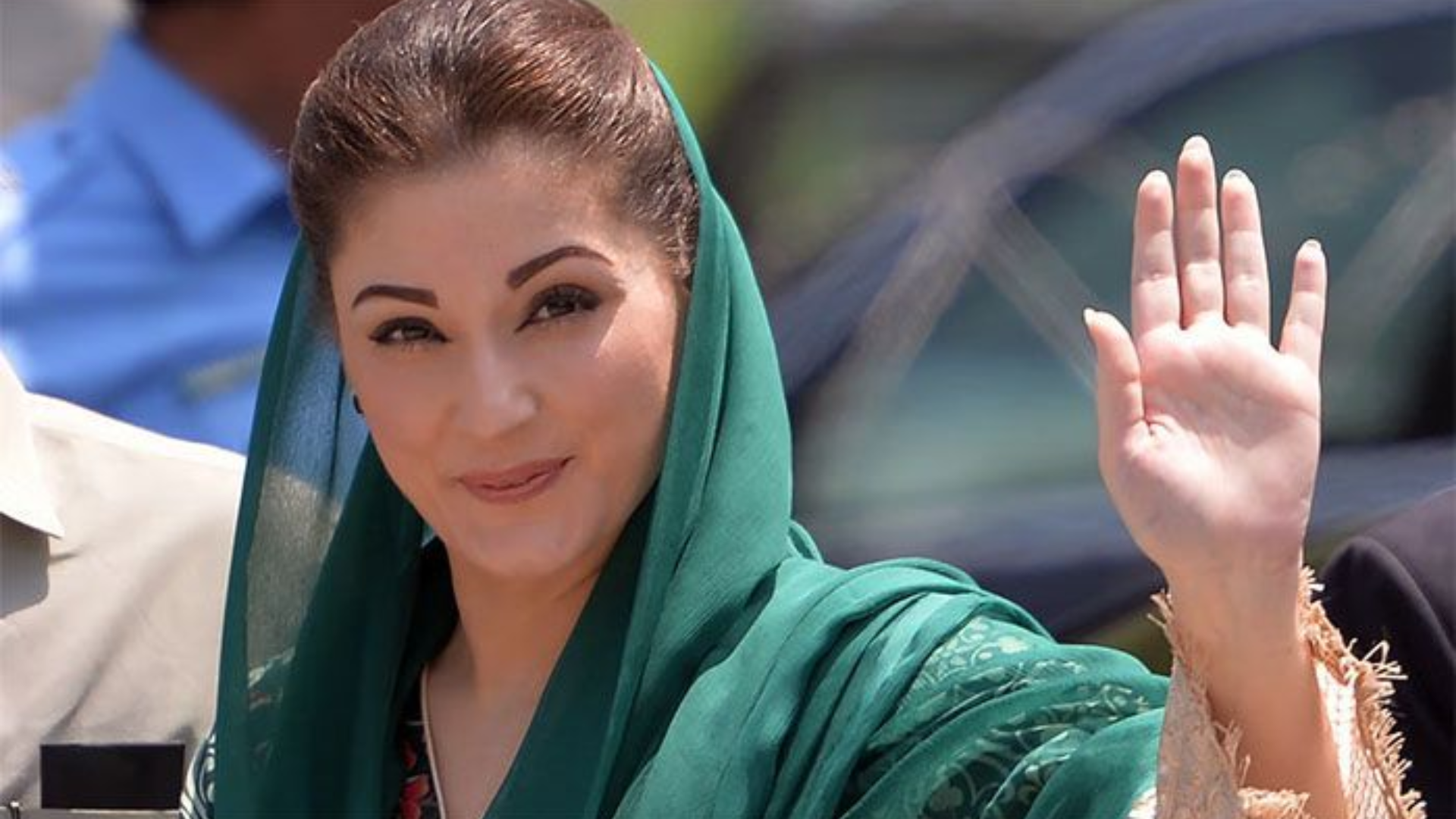
Maryam Nawaz Sharif, born on October 28, 1973, in Lahore, Pakistan, has emerged as a prominent figure in Pakistani politics. She is the daughter of former Prime Minister Nawaz Sharif and Kulsoom Butt, and her journey in politics has been marked by significant milestones and challenges. A trailblazer in her own right, Maryam Nawaz Sharif made history by becoming the first woman to hold the position of Chief Minister of Punjab, the most populous province in Pakistan. This achievement shattered gender barriers and paved the way for greater female representation in the country’s political landscape.
Before entering the political arena, Maryam was actively involved in her family’s philanthropic endeavors. However, in 2012, she decided to step into the realm of politics and played a crucial role in orchestrating her family’s election campaign during the 2013 general elections. Her strategic acumen and dedication quickly propelled her into the spotlight, earning her recognition as a formidable political figure. During the 2024 Pakistani general elections, Maryam Nawaz Sharif secured victories in both the National Assembly of Pakistan (NA) and the Provincial Assembly of Punjab, marking her parliamentary debut. Her election to these prestigious positions underscored her growing influence and resonated with voters who entrusted her with the responsibility of representing their interests on a national and provincial level.
Maryam’s educational background reflects her commitment to academic pursuits and intellectual growth. Despite facing initial challenges, including rejection from Kinnaird College due to academic underperformance, she persevered and pursued her education diligently. She completed her undergraduate studies at the University of Punjab, ultimately earning a master’s degree in literature.
In addition to her academic achievements, Maryam Nawaz Sharif’s foray into politics has been met with both acclaim and controversy. Her tenure as Chairperson of the Prime Minister’s Youth Programme was marred by challenges, including a resignation in 2014 following legal disputes. Despite facing adversity, she has remained steadfast in her commitment to serving the people of Pakistan and championing their interests.
After Maharani Jind Kaur, Maryam Nawaz Sharif is poised to ascend the Takht-e-Lahore, marking a significant milestone in the political landscape of Pakistan Punjab. Maharani Jind Kaur, also known as Rani Jindan, assumed the role of queen regent in 1843, guiding her young son Duleep Singh through his reign following the demise of Maharaja Ranjit Singh. Her tenure lasted until the culmination of the First Anglo-Sikh War in 1846.
Fast forward nearly 180 years, and Pakistan Punjab is on the brink of witnessing its first female chief minister. This landmark achievement is particularly noteworthy in a political environment dominated by men, where women often find themselves relegated to the periphery. Within a family where aspirations for the chief minister’s position run high, Maryam Nawaz Sharif’s ascent represents a significant breakthrough.
Maryam first captured public attention through a compelling BBC interview, during which she recounted her father’s ordeal during General Pervez Musharraf’s coup in October 1999. While Nawaz Sharif and other male family members faced imprisonment, his resilient wife, Kulsoom, and determined daughter, Maryam, mobilized public support. In the face of adversity, Maryam exhibited unwavering courage, declaring, “I can smell the danger, but who is on the wrong side? Ultimately, Gen Musharraf is going to be in trouble.” This early lesson underscored the resilience of civilian leaders in the face of dictatorial regimes, highlighting the enduring legacy of political dynasties in Pakistan.
As Maryam Nawaz Sharif prepares to take the reins of Punjab, she stands as a symbol of empowerment and progress in a society where women’s participation in governance has often been limited. Her ascent to the Takht-e-Lahore not only marks a historic moment but also signals a paradigm shift towards greater inclusivity and gender equality in Pakistani politics. In the footsteps of Maharani Jind Kaur, Maryam Nawaz Sharif embarks on a journey that promises to reshape the political landscape of Pakistan Punjab for generations to come.

